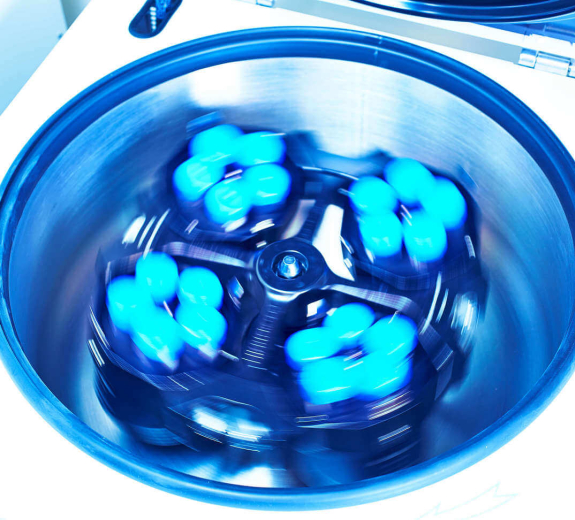
Immunotherapy to Cure Type 1 Diabetes
Researchers at Benaroya Research Institute at Virginia Mason (BRI) and Seattle Children’s Research Institute are making key progress in their quest for an immunotherapy that cures type 1 diabetes once and for all.
Like all autoimmune diseases, type 1 diabetes strikes when immune cells turn against the body and attack it. The research team spent the past year and a half showing that it’s possible to isolate the cells that mount these attacks, and then “reprogram” them by editing their genes. The goal is to turn attacker cells into peacekeepers that stop type 1 diabetes in its tracks.
This innovative work was fueled by a $1 million grant from the Leona M. and Harry B. Helmsley Charitable Trust – which just rewarded the researchers with an additional $2 million to build on their progress and move closer to clinical trials.
“The idea behind immunotherapy is to insert instructions into immune cells that tell them to stop disease,” says BRI President Jane Buckner, MD. “This approach is already transforming cancer treatment, and we think we could do the same for autoimmune disease.”
Re-engineering Immune Cells
The research starts in Dr. Buckner’s lab, where her team uses specialized tools – created here at BRI – to isolate and capture the T cells that attack the pancreas in patients with type 1 diabetes. Then the research team edits the genes in these cells using breakthrough technology developed by Dr. David Rawlings, director of the Center for Immunity and Immunotherapies at Seattle Children’s Research Institute.
This technology enables the researchers to change the genetic instructions inside the attacker T cells, transforming them into regulatory T cells that stop other cells from assaulting the pancreas.
“These engineered regulatory T cells, when returned to a diabetic’s body, have the potential to stop effector T cells from destroying the body’s insulin-producing cells,” Dr. Rawlings says. “We believe this could be the key to curing type 1 diabetes.”
Targeting other diseases
The latest Helmsley Charitable Trust grant will enable the research team to refine their methods and continue testing the edited cells in the lab. While it will could be several years before the therapy is ready for patients, Dr. Buckner envisions it being used to both cure type 1 diabetes and prevent the disease in children who are at risk.
And type 1 diabetes might be only the beginning: The same approach could be applied to many other autoimmune diseases and medical issues. Dr. Buckner’s lab can isolate any immune cells that attack healthy tissue – whether it’s the cells that cause lupus or the ones that attack transplanted organs. Then Dr. Rawlings’ team can edit those cells into potential cures.
“Today’s therapies keep autoimmune diseases in check and address their symptoms, but immunotherapy gives us the first real hope that we can fix their underlying cause,” Dr. Buckner says. “It could help patients around the world live longer, healthier lives.”
Immuno-what? Hear the latest from BRI
Keep up to date on our latest research, new clinical trials and exciting publications.


